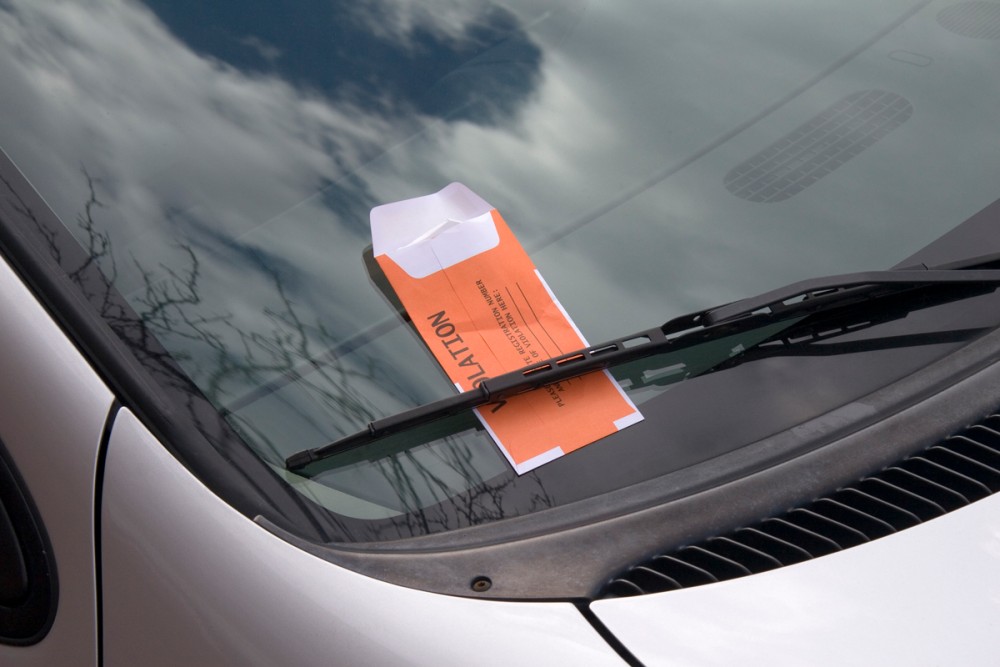How local governments punish poor people with fines
When a parking ticket spirals into homelessness

Several years ago, Anne Stuhldreher rolled through a stop sign in San Francisco and got a ticket. That kind of infraction costs $238 or more in California. The price shocked Stuhldreher, who knew that many families living in San Francisco—rated one of the most economically unequal cities in the US—don’t have a few hundred dollars to spare.
After Stuhldreher got her ticket, she thought about the way that the fee would impact different people in the community differently. “If someone who is a daycare worker in my neighborhood got that ticket, it would be very different than someone who works at a tech company.” Stuhldreher, who has long worked on addressing the financial issues facing low-income residents, started digging into these questions.
Around this time, new research was demonstrating the impact of fines and fees on low-income people across the country. The problem isn’t isolated in San Francisco: a 2016 survey by the finance website Bankrate showed that 63 percent of Americans don’t have enough money saved to cover a $500 emergency. That is nearly the cost of a ticket for running a red light in California.




